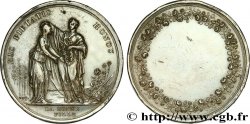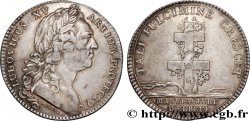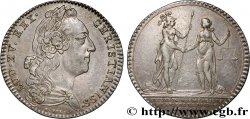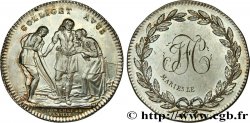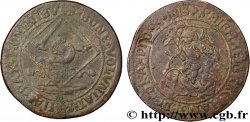E-auction 222-146747 - fjt_412786 - NORMANDIE (NOBLESSE ET VILLES DE...) Jeton Ar 28, prieur et juges-consuls de Dieppe 1762
得先注册又得到批准才可以报价。为了报价注册. 客户应该得到公司允许,那种过程需要 48 个小时。别等出售结束那一天才登记。您报价的话等于您赞成买那物品,而且按« 保价 » 证明您接受 cgb.fr 因特网拍卖使用法.
报价时只可以出全数值欧元总额。物品描述也说明销售结束时间,结束后出价都不会生效。 报价命令转达有时变动,等到最后秒钟增加否决的可能会。想多了解的话请注意 因特网拍卖常问
购货人不付费
购货人不付费
| 估算 : | 45 € |
| 价格 : | 39 € |
| 最高出价 : | 52 € |
| 拍卖结束日期 : | 17 July 2017 18:23:00 |
| 竞拍人 : | 5 竞拍人 |
种类 Jeton Ar 28, prieur et juges-consuls de Dieppe
日期: 1762
材质 silver
直径 28 mm
模子方针 6 h.
重量 8,35 g.
侧面 cannelée
关于品相的说明
De minimes traces de manipulation sinon un exemplaire superbe
出版目录中的项代码 :
正面
正面的文字 LUD. XV. REX. - CHRISTIANISS..
正面的说明书 Buste lauré et drapé à droite de Louis XV [n° 342] ; au-dessous signature R. FIL. .
正面的翻译 (Louis XV, roi très chrétien).
背面
背面的文字 CIVICO. FŒDERE PRODERIT ; À L'EXERGUE EN DEUX LIGNES : ÆDIL. DEPPÆ COMIT./ 1762.
背面的说明书 Écu aux armes de Dieppe sur un cartouche surmonté d’une tête d’ange et soutenu par deux Néréides ; signature D. V..
背面的翻译 (Elle sera utile à l'alliance civile - Assemblée des notables de Dieppe).
评论
Les juridictions consulaires remontent à Henri II. Dans ces lieux de réunions, les marchands élisent entre eux un prieur et deux juges-consuls qui règlent en première instance les problèmes entre négociants. Les juges-consuls ou juges des tribunaux de commerce sont établis par un édit de 1563. Ils étaient souvent d’anciens consuls (officiers municipaux) d’où leur nom. Au XVIIIe siècle, les juges-consuls jugeaient souverainement jusqu’à 500 livres (au-delà, l’affaire relevait des Parlements).
Consular courts date back to Henry II. In these meeting places, merchants elected a prior and two consul judges who settled disputes between traders in the first instance. Consul judges, or judges of the commercial courts, were established by an edict of 1563. They were often former consuls (municipal officers), hence their name. In the 18th century, consul judges had sovereign jurisdiction up to 500 livres (beyond this, the matter fell under the jurisdiction of the Parlements).
Consular courts date back to Henry II. In these meeting places, merchants elected a prior and two consul judges who settled disputes between traders in the first instance. Consul judges, or judges of the commercial courts, were established by an edict of 1563. They were often former consuls (municipal officers), hence their name. In the 18th century, consul judges had sovereign jurisdiction up to 500 livres (beyond this, the matter fell under the jurisdiction of the Parlements).







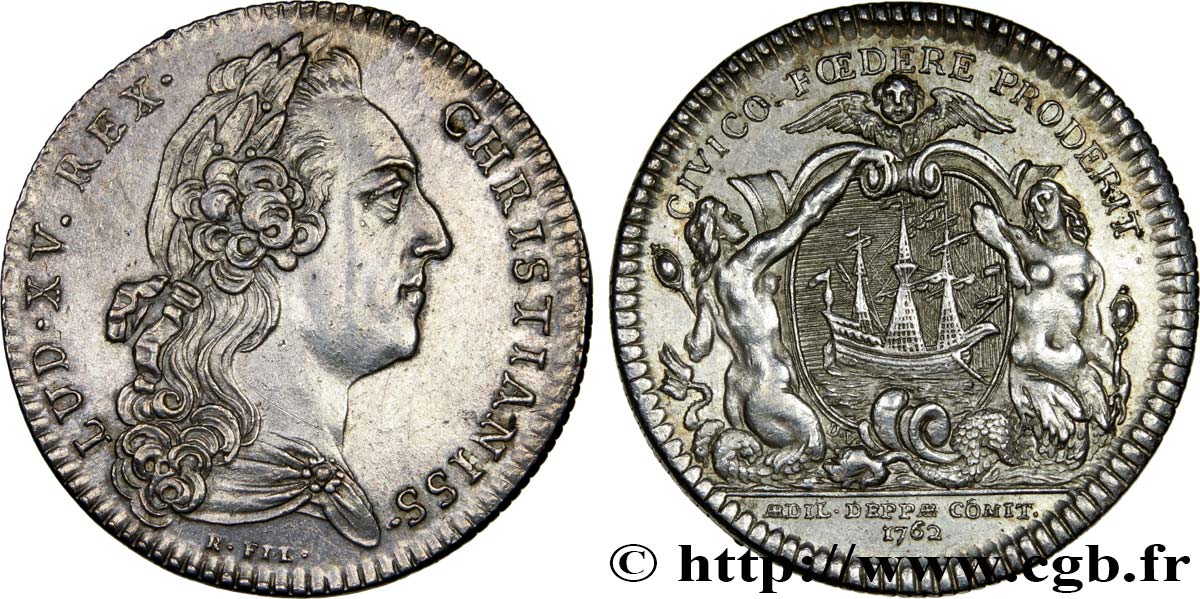
 对产品描述纠错
对产品描述纠错 打印
打印 分享我的选择
分享我的选择 提问
提问 Consign / sell
Consign / sell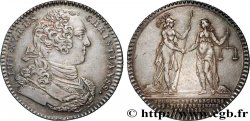
 产品介绍
产品介绍